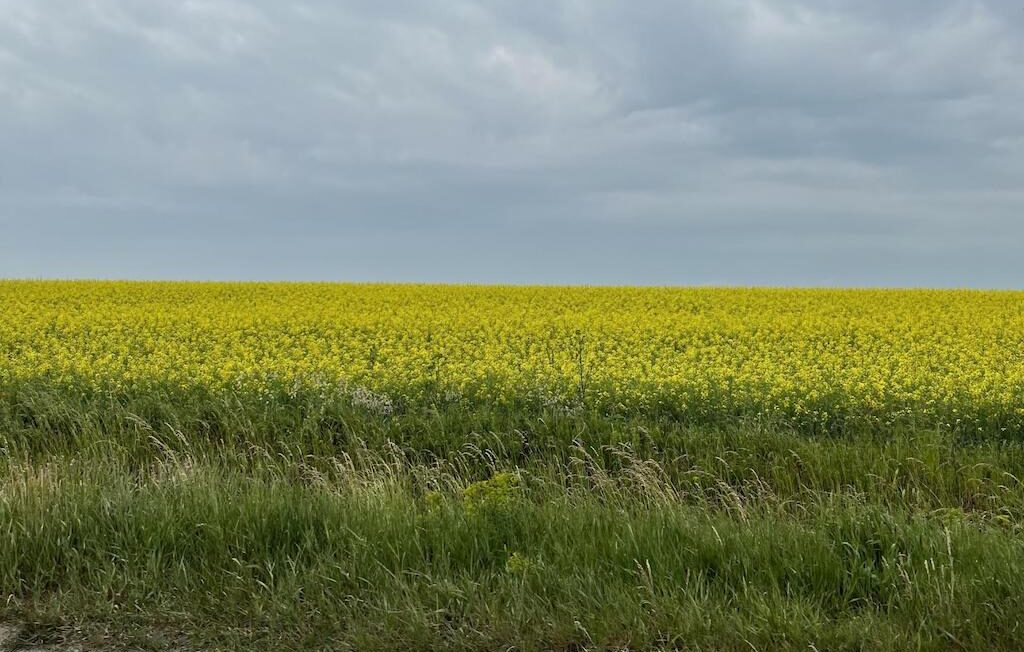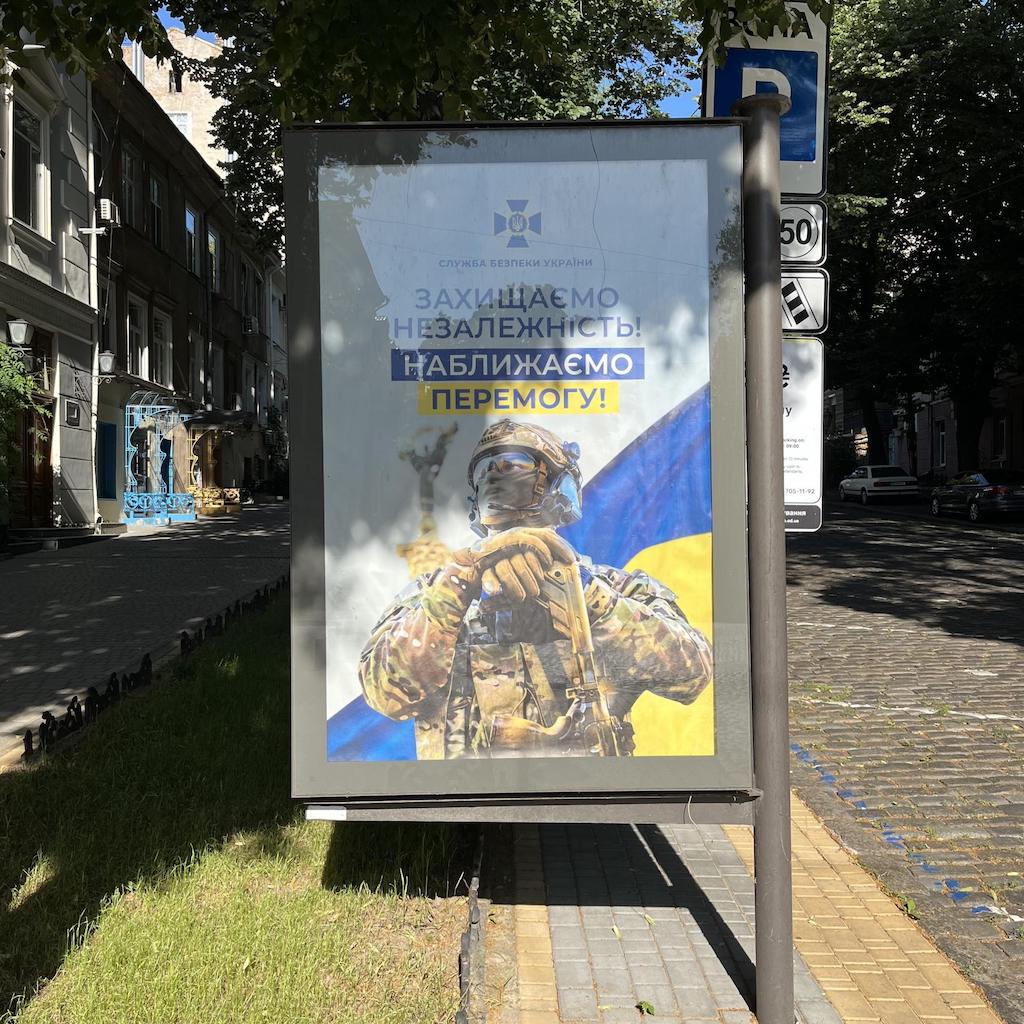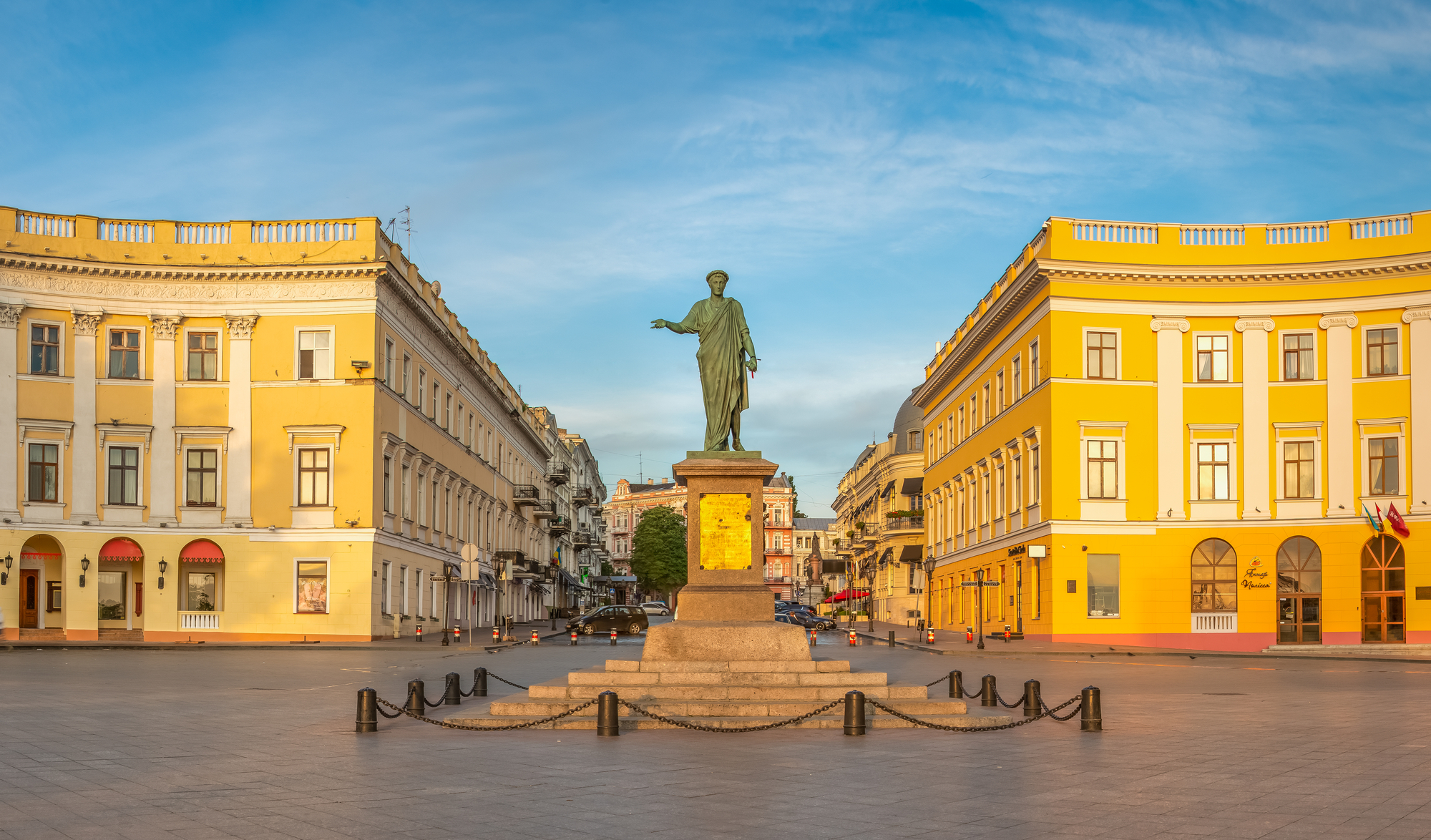In Odesa, I became familiar with a number of medical terms. They included "tourniquet", "HALO chest seal" (an advanced dressing for bad chest wounds) and "BIG" (bone injection gun).
Such things are of great importance for a severely wounded soldier on the battlefield. Once during the Bosnian war [in which the author fought], I improvised a tourniquet with my long-sleeved shirt. It stopped the bleeding of a man hit in the thigh by a 120mm grenade that had not detonated. The projectile was so small that it had passed through the roof, a prefab panel and two concrete slabs (the scene is described in my book "Under Pressure", Pod Pritiskom). When another man, Ćerim, was severely wounded in the chest we did not have a specialised patch but we did have a good group of paramedics, such as Enes Hasanagić, in my unit. This was towards the end of the war in 1995.
In Odesa, we delivered white waterproof body bags for the corpses and neoprene drysuits with boots. A part of Kherson was flooded by the Dnieper after the destruction of the Khakovka dam.
A weakness of the written word is that it cannot fully represent the reality one experienced for several days in Ukraine. But it is still worth trying to put that reality into language.
Once over the border between Poland and Ukraine from the Korczowa-Krakovets border crossing, on the wide highway I feel a great sense of calm pervade me. A calmness that towers over us, just as the trees towered over the road. Everything in Ukraine seems different, even though Poland was similar in so many ways. We travel fast through the Ukrainian landscape, and the sights rushed by at lightning speed.
It may have been the greenery, the lushness and the size of the trees, towns, villages, rivers and lakes that made me feel more immersed in reality than if I had been in Berlin or Sarajevo; or it may have been that beauty really is in the eye of the beholder. But Ukraine is beauty itself. It got into my eyes and into my memory. It really was love at first sight. We stay overnight at a roadside inn in the small town of Zoločiv, near Lviv. In the evening it rained like God himself had sent it, and in the morning we set off again towards our destination.

I jotted down some thoughts about Ukraine in the notes on my phone while we were there:
"Even before I set out, I knew what awaited me in a war-torn land. Once you experience that, it stays with you forever. A compass, a device to navigate in an unusual reality. It is deep inside you and turns on itself when necessary. People who observe war on their mobile phone and laptop screens think that a country at war is in a magical, distorted state where horror reigns continuously and everywhere (as in Bakhmut). This is not entirely true, but there is admittedly a modicum of truth there.
The difference is made by the context. When you walk the streets of Odesa, you are acutely aware that your life could end at any moment, that supersonic rockets could fall on you. When you are there and you see that life, like a plant, is determined to resist all adversities, you realise that this also occurs in places without war, like Berlin or Sarajevo. But it is precisely this war context that decrees the imminent danger of life. Only in war can one understand the value, the fragility and the nullity of life.
I breathe naturally in Ukraine, my heart is more at peace than in Berlin. It was a paradox I expected. Yet my companion is worried about how to behave if a situation arises that arouses war trauma in me. But something else happens: a normal acceptance of the state of war. Because in these situations I know how to be sensible and avoid waking the sleeping dog. You can enter the same river twice, because war is the same river."
It is strange to look at what people post on social networks: you see different realities where things are perceived in different ways. The reality beyond the Ukrainian borders was alien to me. It is not that I feel contempt for ordinary human aspirations, but I see their banality more clearly. In the face of mortal danger everything becomes secondary to survival.
Of course, on my first night in Odesa, I imagined a rocket entering right through my window. But these rockets are made in such a way that they would wipe out the entire hotel building if that were to happen. So I stopped imagining my death and fell asleep peacefully. My friend Kathrin went to bed with headphones on so as not to hear the rockets and drones. She had more courage than I did: she was afraid, but persevered nonetheless. During the war in the 1990s I conquered fear in a similar way and learned to control it.
In Ukraine everything works, there is no sign of chaos or disorganisation. And yes, the war is in its second year, but the cleanliness and orderliness of everything we saw was fascinating. During the entire journey of almost two thousand kilometres, including stays in the cities, I did not see a single piece of litter, nor plastic bags, cans, bottles, cigarettes on the side of the road. Trash in Ukraine is just not the problem it is in Bosnia.













